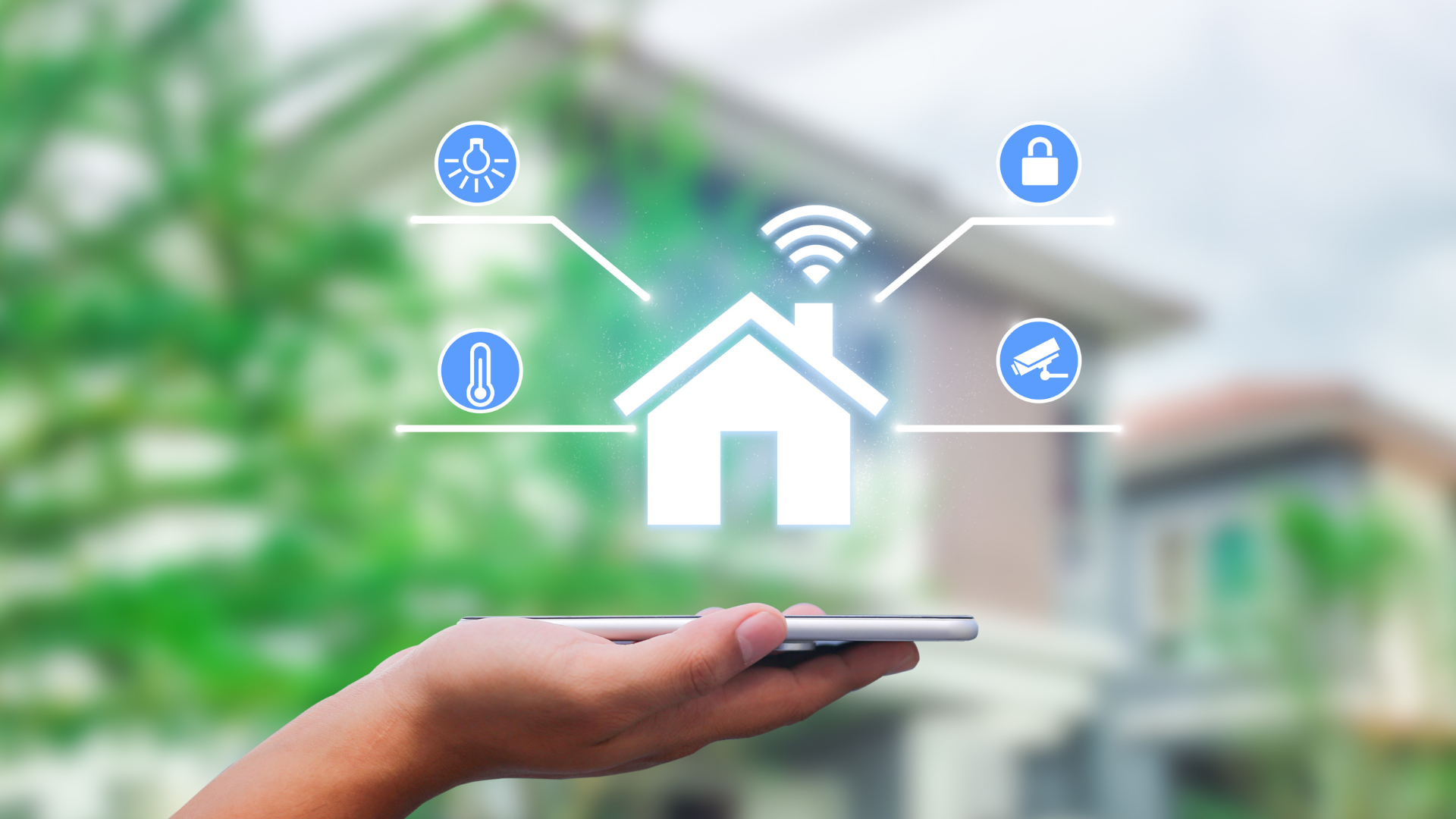In an age where environmental concerns are paramount, homeowners play a crucial role in shaping a sustainable future. One of the most impactful ways individuals can contribute is by adopting energy-efficient practices within their homes. Not only do these practices reduce carbon footprints and energy bills, but they also promote the efficient use of resources and help conserve the planet’s limited energy reserves. Here are some sustainable energy tips for homeowners to consider:
- Embrace Solar Power:
Harnessing the power of the sun is a game-changer in sustainable energy. Installing solar panels on your roof can significantly reduce your reliance on conventional energy sources. Solar panels convert sunlight into electricity, providing a clean and renewable energy source for your home. While the initial investment may be substantial, the long-term benefits in terms of reducing electricity bills and a smaller carbon footprint are worth it.
2. Prioritize Energy-Efficient Appliances:
When purchasing new appliances, opt for those with high energy efficiency ratings. Appliances such as refrigerators, washing machines, and dishwashers now come with labels that indicate their energy consumption levels. Choosing appliances with higher Energy Star ratings ensure you’re investing in products that use less energy while maintaining top-notch performance.
3. Upgrade Insulation and Windows:
Proper insulation and efficient windows can drastically reduce heating and cooling energy needs. A well-insulated home retains heat in the winter and keeps it out in the summer, which means your heating and cooling systems won’t have to work as hard. Additionally, energy-efficient windows prevent heat from escaping during cold months and limit heat gain during hot periods.
4. LED Lighting:
Switching to LED light bulbs is an easy and cost-effective way to save energy. LED bulbs consume significantly less energy than traditional incandescent bulbs and have a longer lifespan, reducing the frequency of replacements. This small change can lead to significant energy savings over time.
5. Thermostats:
Installing a smart thermostat allows you to control your home’s temperature more effectively. These devices learn your preferences and adjust the heating and cooling settings accordingly. Some even have the ability to be controlled remotely through smartphone apps, ensuring you never waste energy when you’re away from home.
6. Unplug and Power Down:
Many electronic devices continue to consume energy even when they’re turned off. This phenomenon, known as “phantom” or “standby” power, contributes to unnecessary energy usage. Make it a habit to unplug chargers, turn off electronics, and power down devices when they’re not in use. Consider using power strips to easily disconnect multiple devices at once.
7. Rainwater Harvesting:
Collecting rainwater for non-potable uses, such as watering plants and flushing toilets, can help conserve water and reduce demand on local water sources. Setting up rain barrels or larger rainwater harvesting systems can be a sustainable way to make the most of nature’s bounty.
8. Energy-Efficient Landscaping:
Landscaping can influence your home’s energy efficiency. Planting shade-providing trees strategically around your home can help reduce cooling costs during the summer by blocking the sun’s direct rays. Additionally, choosing native plants that require less water and maintenance can contribute to a more sustainable outdoor space.
9. Regular Maintenance:
Regular maintenance of your HVAC (heating, ventilation, and air conditioning) systems ensures they operate at peak efficiency. Replace air filters, clean ducts, and service your equipment according to manufacturer recommendations. A well-maintained system uses less energy and lasts longer.
10. Educate and Involve the Household:
Spread awareness about energy-saving practices to your family members or housemates. Encourage them to adopt these habits and make it a collective effort. Simple actions like turning off lights when leaving a room or setting computers to sleep mode can collectively contribute to substantial energy savings.
In conclusion, sustainable energy practices for homeowners go beyond just lowering utility bills – they play a vital role in mitigating climate change and conserving natural resources. By adopting a combination of these energy-saving tips, homeowners can contribute significantly to a greener future for themselves and generations to come. Remembers, every effort counts, and small changes can lead to big impacts.





